Discovering that your child is autistic can be an emotional moment. Knowing how and when to share this diagnosis with your child matters just as much. Open, supportive conversations can help your child feel safe, understood and empowered.
This guide shares simple steps parents can take to talk with their child about autism, what to expect during these conversations and how to build a strong foundation of care throughout their health journey.
Why talk to your child about their autism diagnosis?
- Children sense differences: Many kids notice when something about them feels different compared to others. Giving them clear, age-appropriate language helps them understand their experiences in a positive and affirming way.
- Build your child’s self-esteem: Without an explanation, children may tell themselves negative stories about why certain things feel harder. Learning about autism can help them reframe challenges and recognize their strengths.
- Connect them to community: Understanding that they are autistic can open doors to friendships, shared interests and communities where they feel a sense of belonging and pride.
What to expect during these conversations
- It’s an ongoing process: Talking about autism isn’t a single conversation — it’s a series of discussions that will evolve as your child grows and their understanding deepens.
- Every child is unique: These conversations will look different depending on your child’s age, personality and readiness. There’s no “perfect” way to do it — what matters most is openness, honesty and support.
- Emotions are normal: It’s natural for both parents and children to feel nervous, curious or even relieved. Mistakes may happen, but resilience and understanding help everyone grow.
Simple actions parents can take
- Start with neurodiversity: Explain that people think and learn in many different ways and that this diversity makes the world more creative and interesting. Emphasize that being autistic means their brain works differently — and that this difference has value.
- Share positive stories: Talk about autistic individuals who share your child’s interests or who have made meaningful contributions. Representation can help build pride and confidence.
- Focus on strengths: Help your child identify their unique talents, such as creativity, honesty, strong focus or passion for certain topics. Use real examples from their everyday life.
- Validate challenges: Be honest about difficulties they may face, like communication, sensory sensitivities or emotional regulation. Reassure them that these challenges are not due to a lack of intelligence or effort — they are simply part of being autistic.
- Use books and visuals: Stories by autistic authors, social stories and visual aids can make abstract ideas easier to understand and normalize their experience.
- Encourage questions: Invite your child to ask anything. Answer honestly using age-appropriate language and explore answers together when you’re unsure.
- Keep the conversation going: Revisit the topic over time. As your child grows, their understanding and needs will change. Encourage self-advocacy and help them learn how to ask for support.
- Connect with healthcare providers: Explain that doctors, therapists and other professionals are there to help. Preparing your child for appointments and encouraging them to share their thoughts can build trust and confidence.
- Find community support: Parent groups and online communities can offer guidance, shared experiences and reassurance that you’re not alone.
Helpful resources
- “Autism: What Does It Mean to Me?” by Catherine Faherty
- “Finding Out About Asperger Syndrome, High-Functioning Autism and PDD” by Gunilla Gerland
- “You Have Autism” by Shelly McLaughlin
- “Welcome to the Autistic Community!” handbook (available for adolescents and adults)
- Autistic Self-Advocacy Network
- “The Little Book of Autism FAQs: How to Talk with your Child about their Diagnosis & Other Conversations” by Davida Hartman
Final thoughts
The goal isn’t to get everything right the first time. It’s to help your child feel safe, loved and understood. By talking openly about autism, you support your child in building a positive self-image and navigating their health journey with confidence. Every step you take — no matter how small — reminds your child they are valued, supported and never alone.
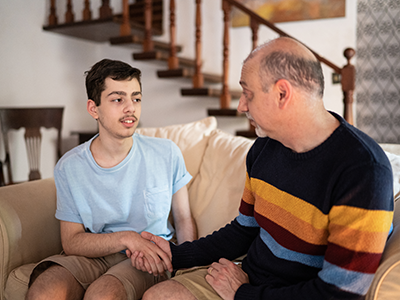 https://riseandshine.childrensnational.org/wp-content/uploads/2022/05/Father-and-son-talking-at-home-feature.png
300
400
Rise and Shine
https://riseandshine.childrensnational.org/wp-content/uploads/2017/11/childrens_riseandshine_logo.jpg
Rise and Shine2026-02-02 01:12:352026-02-02 15:21:38Talking to your child about their autism diagnosis
https://riseandshine.childrensnational.org/wp-content/uploads/2022/05/Father-and-son-talking-at-home-feature.png
300
400
Rise and Shine
https://riseandshine.childrensnational.org/wp-content/uploads/2017/11/childrens_riseandshine_logo.jpg
Rise and Shine2026-02-02 01:12:352026-02-02 15:21:38Talking to your child about their autism diagnosis


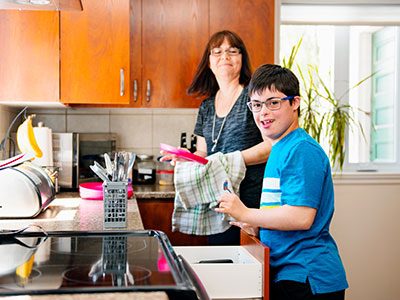
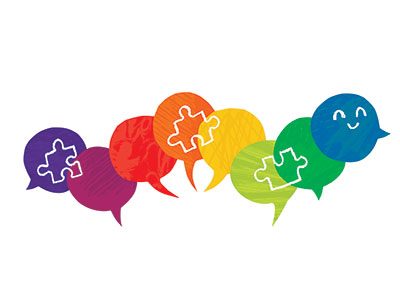
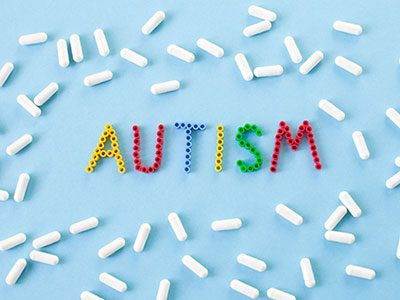







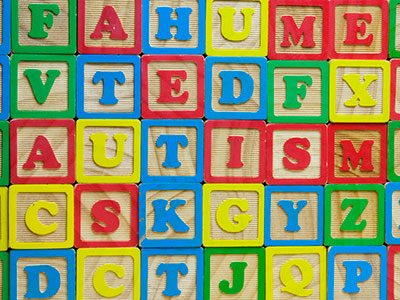






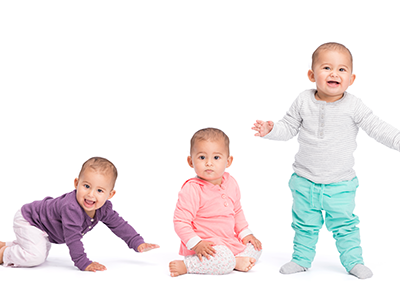
Leave a Comment
Want to join the discussion?Feel free to contribute!